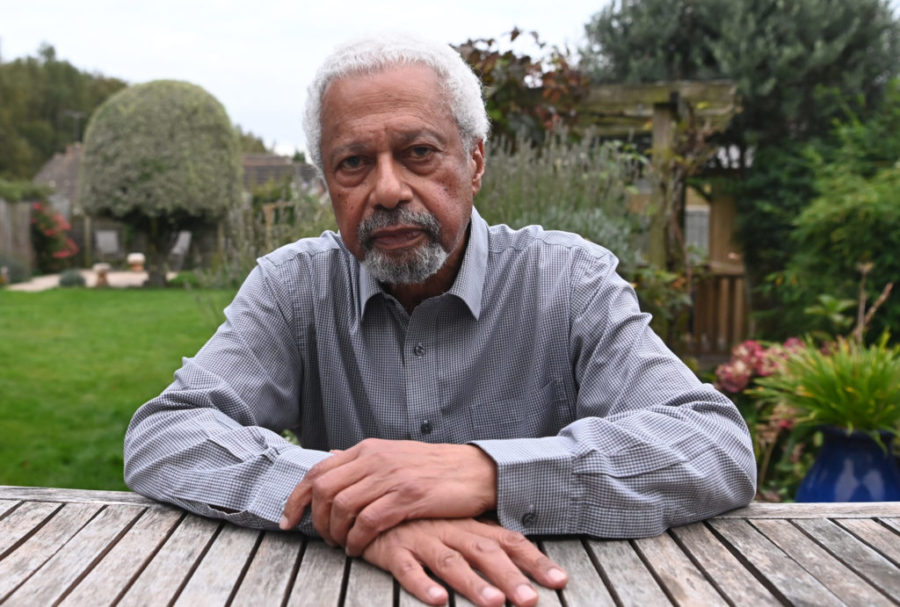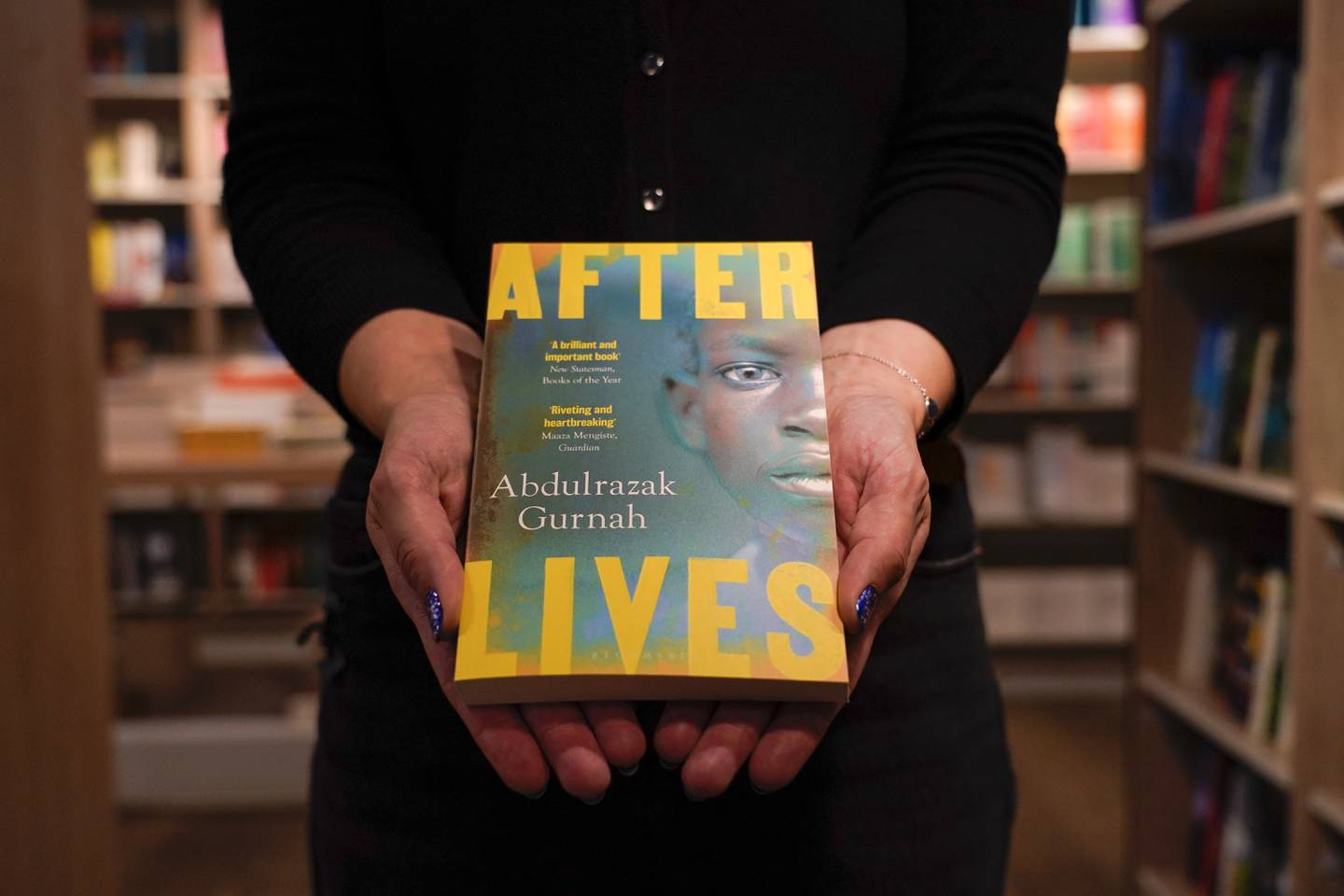
Tanzanian-born writer Abdulrazak Gurna wins Nobel Prize in Literature
Tanzanian-born writer Abdulrazak Gurna, whose work focuses on colonialism and refugee-related trauma, won the Nobel Prize for Literature in early October, writes Ben East.
Abdulrazak Gurna, now 73, is the fifth African to receive this award . As noted by the Nobel jury, the writer was recognized for “an uncompromising and compassionate understanding of the consequences of colonialism on the African continent and its impact on the fate of refugees on their way between cultures and continents.”
I managed to talk with Abdulrazak Gurna last year. We talked about his 10th novel, Afterlife. He then retired from his position as Emeritus Professor of English and Postcolonial Literature at the University of Kent at Canterbury and reflected on his career as a writer and scholar. “I’ve thought about various aspects of colonialism throughout my adult life. Colonialism changed everything, ”he admitted.

Recently retired as Distinguished Professor of English and Postcolonial Literature at the University of Kent at Canterbury / Source: kentonline.co.uk
It is noteworthy that Gurna’s personal experience largely coincided with the experience of his main characters. He was a refugee who arrived in England in the mid-1960s, fleeing a revolution in Zanzibar, where people of Arab origin were persecuted. Gourne began writing at the age of 21 in England. Although his native language was Swahili, English became his literary instrument. His feelings of alienation and loneliness were embodied in the novel “Memory of Departure” in 1987. Gurna’s books attracted attention, among other things, by the fact that he used images and parables from the Koran, Persian poetry and the Book of a Thousand and One Nights, making references also to Arabic and his native language, Swahili. This was followed by two more novels, “The Pilgrim’s Way” and “Dotty”, and in 1994 – “Paradise”, which became the most successful work of the writer and entered the short listBooker Prize. “Paradise” is a variation on the theme of one of the Qur’anic parables about the prophet Yusuf. It tells the story of a Muslim boy born in the fictional city of Kawa, Tanzania, who is sent on a trade mission to the interior of the country as the German army invades the country. Through these imagery, Gourn explores how societies and cultures quickly collapsed as a result of the “colonial invasion.”
Seven years later, his sixth novel, By the Sea, was also longlisted for the Booker Prize . Despite such serious nominations, Gourna remained unnoticed by the general public. Commercial success is not about him.

“Afterlife” – the 10th novel by Abdulrazak Gurna / Source: AP
Perhaps this is due to the feature of his work, which the Nobel Committee described as “uncompromising”. His works may seem dark and serious, but at the same time they are merciful and kind. He asks people to see a different point of view, which is rare in an increasingly polarized world. It is also true that Gurna’s work touches on such broad topics as colonialism, displacement and migration without even resorting to controversy. The characters in these stories seem to be truthful, not just their situations and contexts.
Abdulrazak Gurna’s narratives of migration and migrants have a subtle, transformative and lasting impact. As Chairman of the Nobel Committee Anders Olsson put it this week, his work is “an endless exploration driven by intellectual passion.”

Abdulrazak Gurna’s books on display at the Stockholm Academy after the author was declared a Nobel Prize winner in Literature 2021 / Source: AFP
Islamosphere

